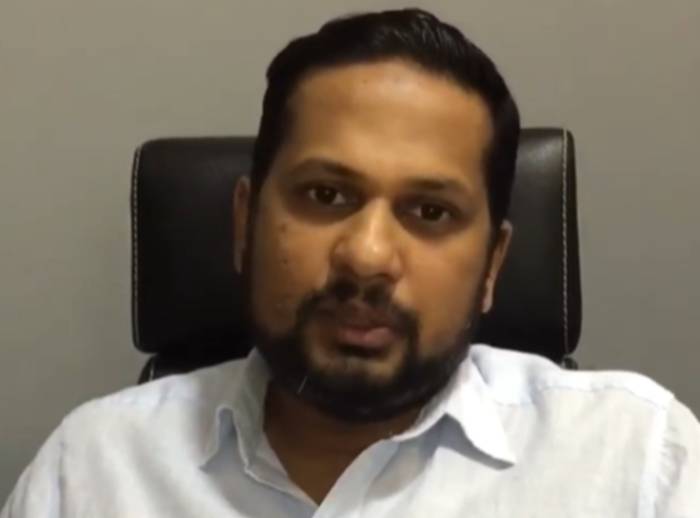
Jul 28, 2021 | News
The ICJ and other human rights organisations express deep concern for the ongoing detention of lawyer and minority and civic rights activist Hejaaz Hizbullah, who has been held under Sri Lanka’s notorious Prevention of Terrorism Act (PTA) for 15 months. In the absence of any credible evidence presented before a court of law, Hejaaz Hizbullah should be released immediately and unconditionally.
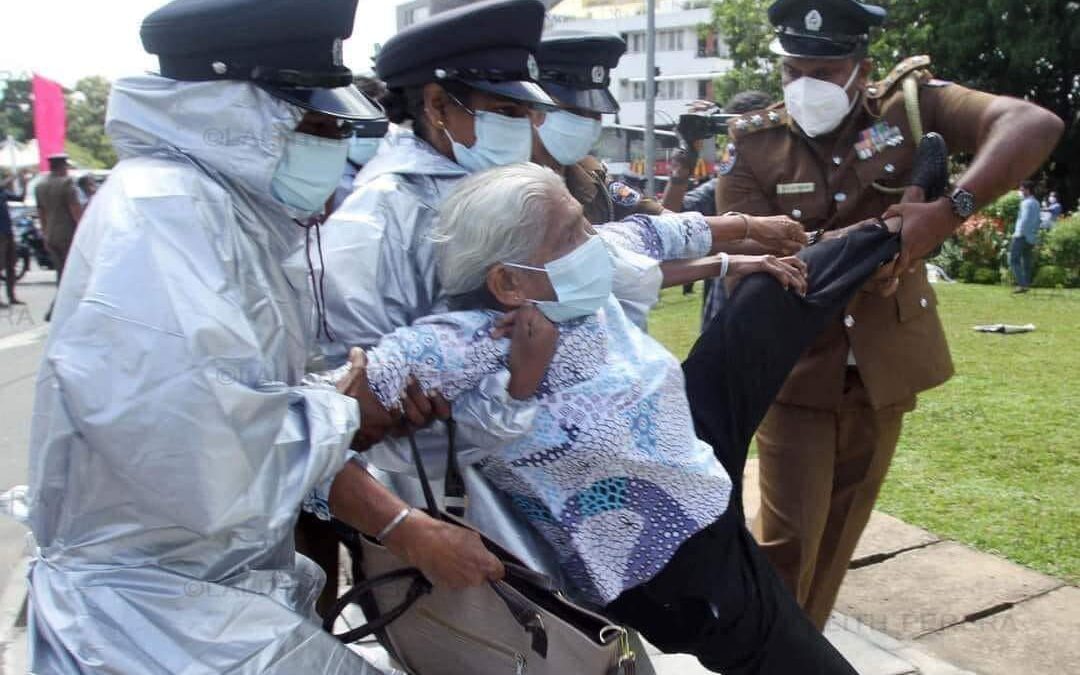
Jul 10, 2021 | News
Sri Lankan authorities must immediately release protesters who were arbitrarily detained and taken to quarantine, the ICJ said today.
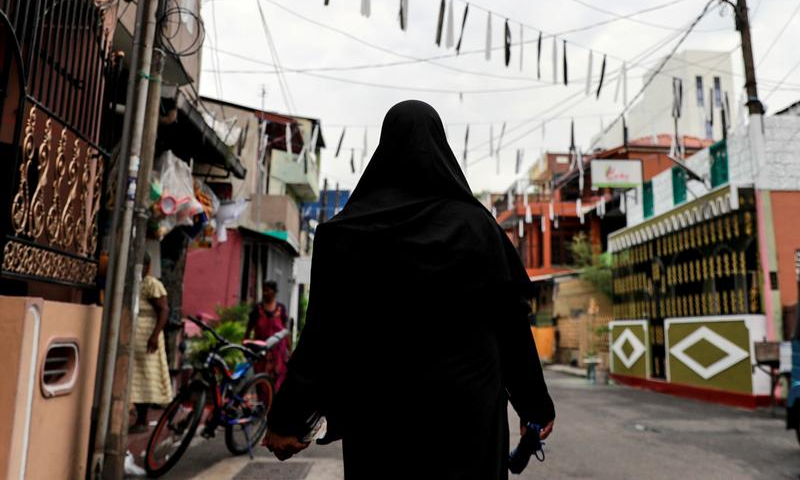
Apr 30, 2021 | News
The ICJ today condemned the Sri Lankan cabinet’s approval of the proposed ban on face coverings, which, if adopted by Parliament would directly discriminate against Muslim women
The Cabinet on 27 April approved the proposal put forward by Minister of Public Security Sarath Weerasekara on March 13 to ban face coverings including the burqa and niqab citing national security grounds.
The ICJ has called on the Sri Lankan Parliament to categorically reject this discriminatory proposal as a violation of the right to freedom of religion.
“The Sri Lankan Government’s justification for banning face coverings rings hollow during a time when it has quite sensibly made the wearing of face masks in public mandatory to address the COVID-19 pandemic,” said Ian Seiderman, ICJ’s Legal and Policy Director.
The Government of Sri Lanka temporarily banned full-face coverings by way of an emergency regulation in the aftermath of terrorist attacks on Easter April 2019, in which 269 people were killed and at least 500 others injured. This ban resulted in the stigmatization and harassment of Muslim women, including those who were only wearing a hijab (head covering).
“While the Sri Lankan Government has an obligation to protect its inhabitants from the threats to their lives and well-being, that protection is a part of, and not in conflict with, its overall duty to protect human rights,” said Ian Seiderman.
Freedom of religion and belief is guaranteed under article 18 of the International Covenant on Civil and Political Rights (ICCPR), to which Sri Lanka is a party. Freedom to have or adopt a religion or belief of one’s choice is similarly guaranteed by Article 10 of the Sri Lankan Constitution. Article 14 (1) (e) ensures the freedom to manifest one’s religion in worship, observance, practice and teaching.
The UN Human Rights Committee has affirmed that under the ICCPR “the observance and practice of religion or belief may include not only ceremonial acts, but also such customs as the wearing of distinctive clothing or head coverings.”
The ICJ concurs with Ahmed Shaheed, the UN Special Rapporteur on Freedom of Religion or Belief, who has stressed that “burqa bans are incompatible with international law guarantees of the right to manifest one’s religion or belief and of freedom of expression.”
“While the authorities may take necessary and proportionate steps to confirm a person’s identity to meet a specific security concern, a blanket ban on face coverings in the name of national security does not hold water,” Seiderman said. “It would invariably result in discriminatory practices and lead to the stigmatization of Muslim women,” he added.
Under ICCPR article 18(3) any limitation on freedom of religion must be non-discriminatory and must be necessary and proportionate to protect public safety, order, health, or morals or the fundamental rights and freedoms of others.
The UN Human Rights Committee has consistently held that under international law, a blanket ban on face coverings cannot be justified as necessary or proportionate to its stated legitimate aim of promoting public safety, while recognizing the need for States, in certain contexts, to be able to require that individuals show their faces. Even this restriction, however, would generally only apply to veils that fully cover faces and not, for example, to head coverings.
Contact
Osama Motiwala, ICJ Asia-Pacific Communications Officer, e: osama.motiwala(a)icj.org
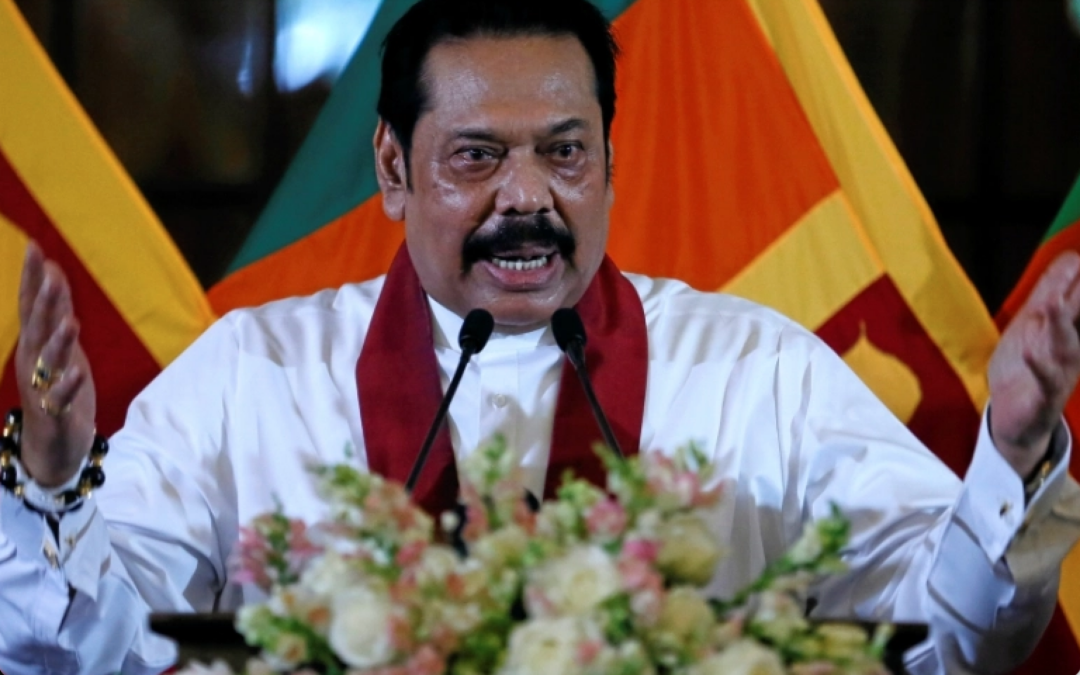
Apr 23, 2021 | News
The parliamentary resolution tabled by Prime Minister Mahinda Rajapaksa would aggravate Sri Lanka’s culture of impunity and undermine the rule of law, said the ICJ today.
The Resolution tabled on 9 April seeks the approval of the Sri Lankan Parliament to stop ongoing trials against military officials and other high-ranking officials accused of serious human rights violations, as well as family members of the President and Prime Minister currently facing charges of corruption.
“The Parliament should categorically reject this ‘impunity resolution’ that interferes with the ongoing work of the judiciary and the Attorney General’s office in their efforts to provide for at least a modicum of accountability for serious violations,” said Ian Seiderman, ICJ’s Legal and Policy Director.
The Resolution seeks parliamentary approval to implement the recommendations of the so-called Commission of Inquiry on Political Victimization (COI), which were presented to President Gotabaya Rajapaksa last December. The COI and its work have been widely discredited as an affront to the independence of judiciary and the rule of law and its report has not been made available to the public.
“The report by the COI calls for the withdrawal of investigations and convictions even in the handful of cases of serious human rights violations that have been brought before courts, including in cases where perpetrators have been convicted,” Seiderman said.
The recommendations made by the COI that would be implemented by the Resolution include the withdrawal of indictments filed by the Attorney- General and the discharge of several accused in cases that have been recognized as emblematic and referred to in the report of the UN High Commissioner for Human Rights and in UNHRC Resolution 46/1. They also included similar dropping of cases of serious financial misappropriation.
Examples of emblematic cases where the COI recommends discharge of the accused include the case of alleged abductions of 11 persons by members of the Navy including Admiral Wasantha Karannagoda; unlawful killings of Tamil National Alliance MP Nadaraja Raviraj, Wasim Thajudeen, Sunday Leader Editor Lasantha Wickrematunge, Tamil National Alliance MP Joseph Pararajasingam; the alleged enforced disappearance of journalist Prageeth Ekneligoda; and the abduction of Editor Keith Noayhr.
In certain cases that have resulted in convictions for murder or torture, including one case affirmed on appeal to the Supreme Court, the COI has recommended that the Attorney-General review the convictions and discharge the accused.
“The recommendations of the COI, incorporated in this “impunity resolution”, constitute an interference with the independent functioning of the judiciary as judicial decisions and court proceedings have been reassessed outside the judicial structure,” Seiderman stated. “Involving the Parliament in giving effect to these recommendations is contrary to the principle of separation of powers as provided for in the Sri Lankan Constitution.”
The UN Basic Principles on the Independence of the Judiciary makes clear that “the judiciary shall have jurisdiction over all issues of a judicial nature and shall have exclusive authority to decide whether an issue submitted for its decision is within its competence as defined by law” and that “there shall not be any inappropriate or unwarranted interference with the judicial process, nor shall judicial decisions by the courts be subject to revision.”
The recommendations by the COI go even further and recommend the prosecution of investigators, lawyers and prosecutors in those cases under the Penal Code and the Bribery Act for “fabrication” of evidence and corruption.
“Recommending that action be taken against lawyers and prosecutors for carrying out their professional and statutory duties is an all-out assault on a free and independent bar and this recommendation must be summarily rejected,” Seiderman said.
The UN Basic Principles on the Role of Lawyers obliges the State to ensure that lawyers “are able to perform all of their professional functions without intimidation, hindrance, harassment or improper interference” and that they “shall not suffer, or be threatened with, prosecution or administrative, economic or other sanctions for any action taken in accordance with recognized professional duties, standards and ethics.”
The UN Guidelines on the Role of Prosecutors establish that “States shall ensure that prosecutors are able to perform their professional functions without intimidation, hindrance, harassment, improper interference or unjustified exposure to civil, penal or other liability.”
Contact
Osama Motiwala, ICJ Asia-Pacific Communications Officer, e: osama.motiwala(a)icj.org
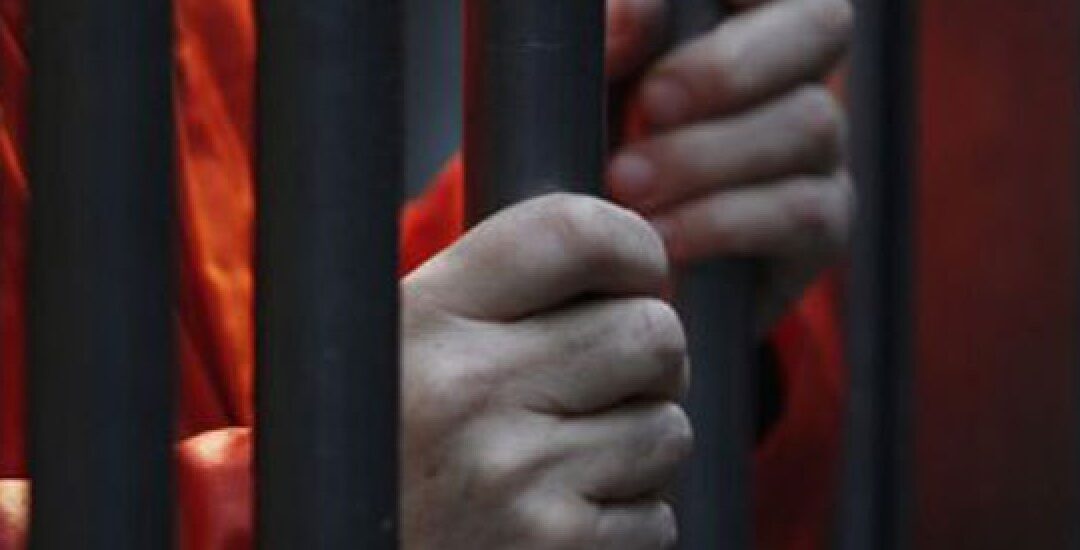
Apr 15, 2021 | News
The ICJ today condemned the promulgation by President Gotabaya Rajapaksa of new vague and overbroad anti-terrorism regulations, which make the already deeply flawed Prevention of Terrorism Act (PTA) open to further abuse.
The Prevention of Terrorism (Proscription of Extremist Organisations) Regulations No. 2 of 2021, published by way of Gazette notification on the 13 April 2021, outlaw 11 organisations identified as ‘extremist’ and provides criminal penalties for those accused of various kinds of associations with these and other organizations that may be similarly disfavoured.
A person who acts in contravention of the regulations is liable to a term of imprisonment up to twenty years, while any person who “conspires to commit or attempts, abets or engages in conduct in preparation to commit an offence” may be sentenced to a term of imprisonment of up to ten years.
“These ill-defined offences follow a similar pattern of the Sri Lankan executive unilaterally promulgating abusive regulations in the name of fighting terrorism over the years” said Ian Seiderman. “These latest ones come just a month after the decreeing of the ‘de-radicalisation’ regulations which allow for the Government to arbitrary detain people for up to two years without trial.”
Moreover, the listed acts shall amount to an offence not only in relation to the eleven
identified organizations, but also to any other organisation “representing or acting on behalf of such organisation or is connected with or concerned in such organisation or which is reasonably suspected of being connected with or concerned in any of the activities”. This is in violation of the principle of legality as the State may ex post facto identify any organisation as having associated with the eleven banned organisations.
The ICJ said that the Regulations were in contravention of the guarantees under article 13 of the Sri Lankan Constitution and its international legal obligations under the International Covenant on Civil and Political Rights.
A key precondition to a fair trial recognized internationally is that criminal offences must be prescribed by law and conform to the principle of legality. Vague laws undermine the rule of law because they leave the door open to selective and arbitrary interpretation and prosecution. The vague wording of a law also has an adverse impact on framing of the charge against the accused.
Following the promulgation of the ‘de-radicalisation’ regulations a number of persons belonging to minority communities were reportedly arrested under the PTA, including for ‘spreading Wahhabism via social media’ and ‘promoting terrorism related activities’.
“While the Sri Lankan Government has an obligation to protect its inhabitants from the threat of terrorism, that protection is a part of, and must not be seen in conflict with, its overall duty to protect human rights; ‘threats to national security’ can never be used as a justification for contravening basic standards in relation to freedom from arbitrary arrest”, said Ian Seiderman.
The ICJ has consistently called for the repeal of the Prevention of Terrorism Act, which has been used to arbitrarily detain suspects for months and often years without charge or trial, facilitating torture and other abuse. The ICJ reiterates its call for the repeal and replacement of this vague and overbroad anti-terror law and all regulations brought under it, in line with Sri Lanka’s international obligations.
The UN High Commissioner for Human Rights in her most recent report on Sri Lanka has reiterated the call for a moratorium on the use of the Prevention of Terrorism Act for new arrests until it is replaced by legislation that adheres to international best practices.
Contact
Osama Motiwala, ICJ Asia-Pacific Communications Officer, e: osama.motiwala(a)icj.org









